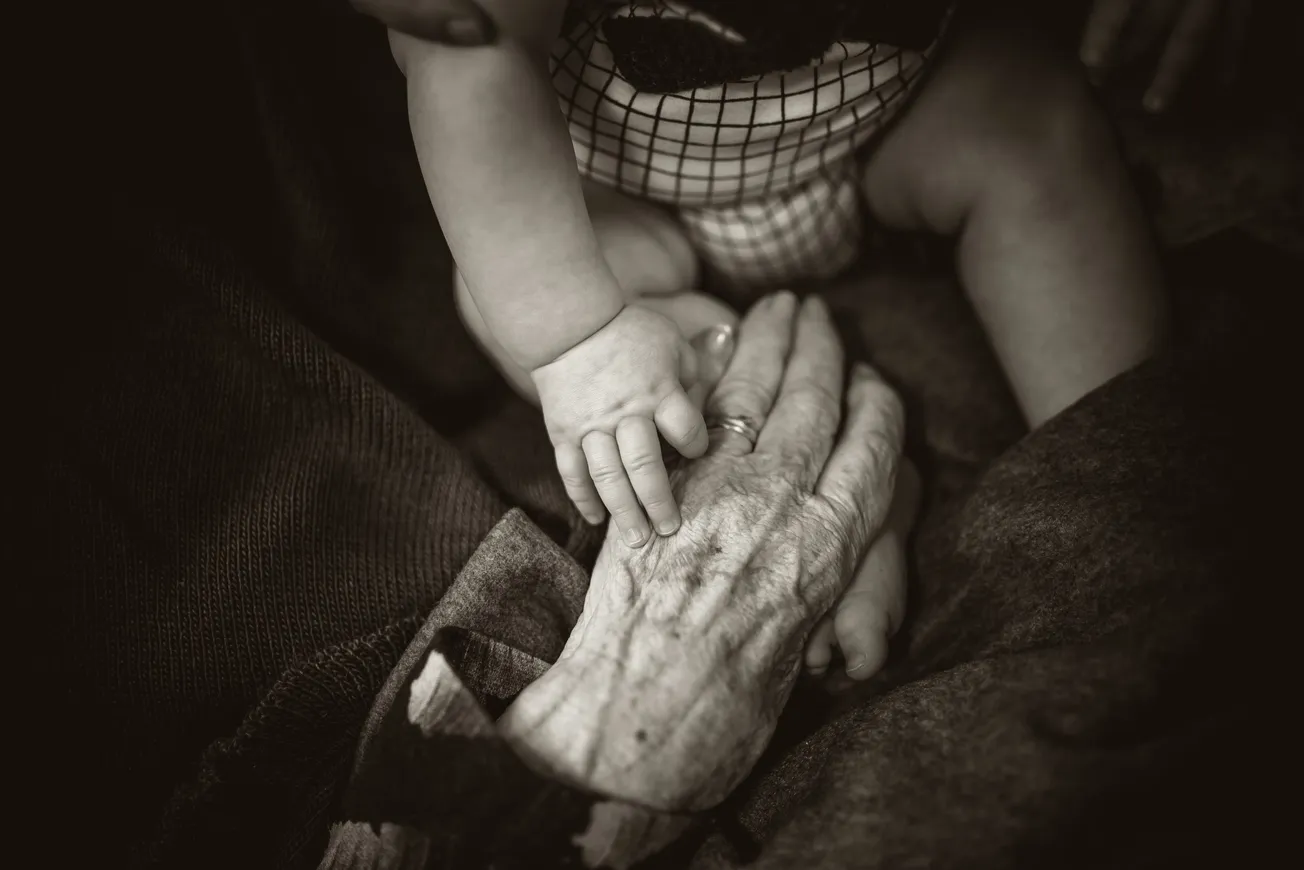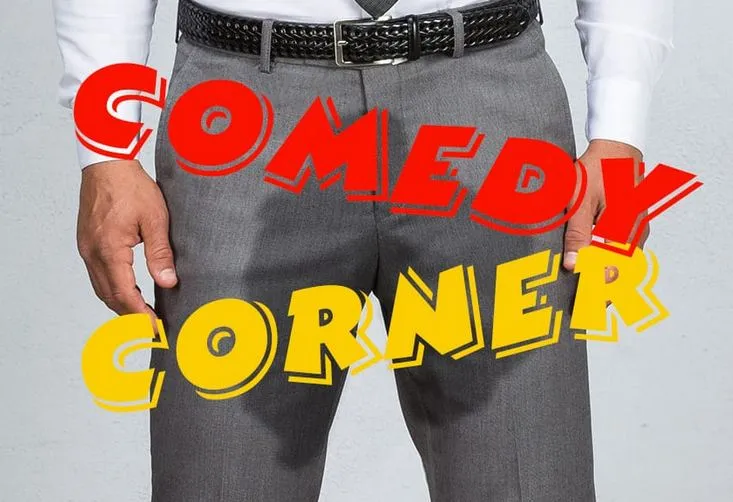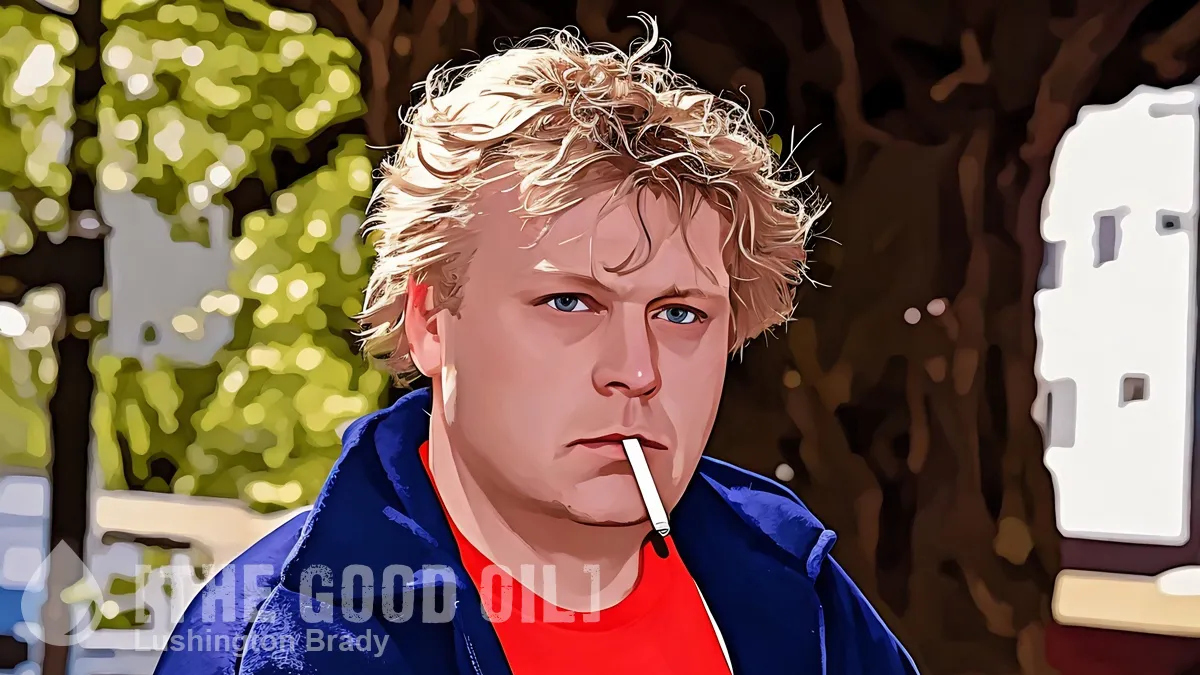Table of Contents
As in the Netherlands, where the statistics all point upwards, the major risks of euthanasia for New Zealanders are a loss of respect for life, misuse and ‘scope creep’.
Our nation records very high levels of depression, refusing to accept any connection with marijuana use – which is (ironically, or not, depending on your political persuasion) the subject of the other September 2020 referendum. We already lose more than 600 people a year to suicide.
Middle New Zealand is a highly pressured place. Families may appear asset rich when in reality they are heavily indebted. Incomes are low by international standards, and real income is made much lower by the burden of the tax system upon the relative few who are net contributors.
Net beneficiaries, who are reputedly the left’s ‘winners’, in reality bear an innate and unshakeable shame which cannot be erased by kind words or additional layers of socialist intervention in their lives.
It is already fairly common for the elderly to be pressured, whilst still alive, into selling assets in order to ‘do the right thing’ by their families. We all know anecdotally of such cases. It’s only a small step from this to ‘doing the right thing’ by dying, in order not to be a nuisance, or to avoid the costs associated with health care.
The Act Party, whose legislation this is, has a suite of excellent economic and fiscal policies – such as a 15 percent flat tax rate – and should stick to promoting those. Where it stumbles into public administration it has shown itself to be, to the converse, alarmingly Soviet.
The ‘Super City’ of Auckland was the brainchild of Rodney Hide, designed to reduce cost and usher in efficiencies of scale. The result is an unaccountable, dictatorial and rogue organisation, high on its own power, out of touch with reality, and addicted to spending. Phil Goff is its natural apotheosis, though a somewhat strange bedfellow for this organisation which was supposedly born of the ‘right’.
Several other regions have subsequently explored the model but said no to Super-Sizing themselves. With political will the Super City model could be scrapped, but with euthanasia, there is no coming back from the dead. As with all ‘progressive’ social models, there’s only one direction of travel. Problems with the system, we will be told, are because we didn’t go far enough initially.
New Zealand Prime Minister George Forbes said in 1930 that there would be no benefits paid without work. When the unemployment benefit was introduced later that year, without the need to work, 23,000 people signed up for it. In 1933, in the aftermath of the Great Depression, there were 80,000 people enrolled.
During the 1950s and 60s, at a time of genuinely full employment, there were still people on it. By the 1970s it had become a multi-generational way of life. Today we have 116,000 people, or 4.2 percent of the workforce ‘unemployed’.
In 1987 a young Minister named Helen Clark oversaw the legalisation of homosexuality. New Zealanders bought into this on the grounds that it was ‘fair and reasonable’, with Clark telling them it was only about ‘rights’ and that there would be no gay marriage.
During the 2005 election, Prime Minister Helen Clark stated that she thought it was discriminatory to exclude same-sex couples from the Marriage Act 1955, but said she would not push to change it.
In 2013, same-sex marriage was introduced under a National government via a Labour private member’s bill. John Key, Jacinda Ardern and Judith Collins all voted for it.
Had it been understood that this was the ‘Trojan horse’ by which the ‘transgender revolution’ would occur, reducing the status of women and girls from that of a definable sex to members of an opt-in/opt-out gender, where men and boys with psychological problems could occupy women’s spaces as of right, would we have gone along with it?
Sometimes it is better to leave things well alone, as was the case with this year’s changes to our abortion law. The previous legislation, which had been operative for many years, had at least sought to balance both sides of the debate, and to recognise all positions.
Once the floodgates of ‘progressive’ policy are opened they are difficult to shut. Often the torrent cannot be controlled. As with drugs and permissiveness and untrammelled immigration, we will just have to ‘learn to live with it’.
The currency of life can be devalued and never reinstated. All members of society are affected by cultural change, not only those who ‘choose’ this path.
The New Zealand Medical Council opposes euthanasia and assisted suicide and will continue to do so when legalised. It is strange and sad indeed that our doctors should be roped into killing people.
If you enjoyed this BFD article please share it.









